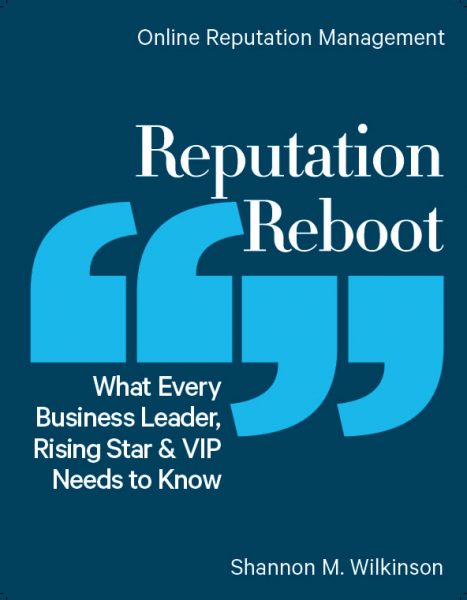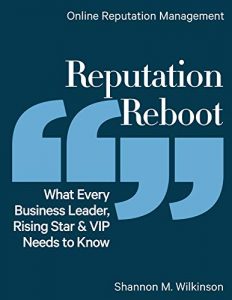
The joys of summer vacation season have come to a close — beach days, family cookouts, and long, sun-filled days are making way for cooler weather, changing leaves, and a return to productivity.
For us, September is the New Season, a time during which we refocus. There are more inquiries, new engagements, faster execution of strategic plans, and a lot more content creation. We didn’t stop working in the summer, but we stepped back from ENews, taking time to pause, refresh, and recharge.
As we dive headfirst into this new season, I wanted to share with you what we’ve been working on.
It all goes back to these central tenants of our business — content creation and social media management, which are valued by Google. These have become our most sought-after services. We create social media content for our clients with tens of thousands of LinkedIn followers — some have scaled to those heights since they started working with us.
We craft Facebook and Instagram posts, and tweets — yes, tweets are still a thing even in the era of “X.” We’ve also set up client accounts on Threads. For much of this work, we harness modern AI technology, but we curate everything to guarantee accuracy and, most importantly, maintain the voice of our clients’ brands. Their reputation counts on this.
Articles, Blogs & Transitions
Our team of skilled writers — this includes everyone from professional freelance journalists for CBS and The Wall Street Journal to Hollywood screenwriters — create streams of blog posts and articles that are published on a variety of platforms, including leading industry periodicals.
At Reputation Communications, we continue to design and publish clients’ websites, molding them to be industry-specific so that they catch the eyes (and search engine hits) of those seeking their brands.
Throughout this time, there have been transitions. We’ve grappled with how to manage the limitations of X that Elon Musk placed on it, as the former microblogging site Twitter evolves into something new. We also have been staying up-to-date on the changes to Google and other search engines, now that AI has changed how algorithms feature your work and has impacted the way the world sees and discovers you.
In the past, we were engaged solely to repair reputations online. Now, more than half of our clients use us to amplify their reputations. We are the engine that powers increased visibility around our clients’ industry achievements and personal endeavors. This is because it is in many ways a new season for our clients as well.
Welcome to the New Season.







